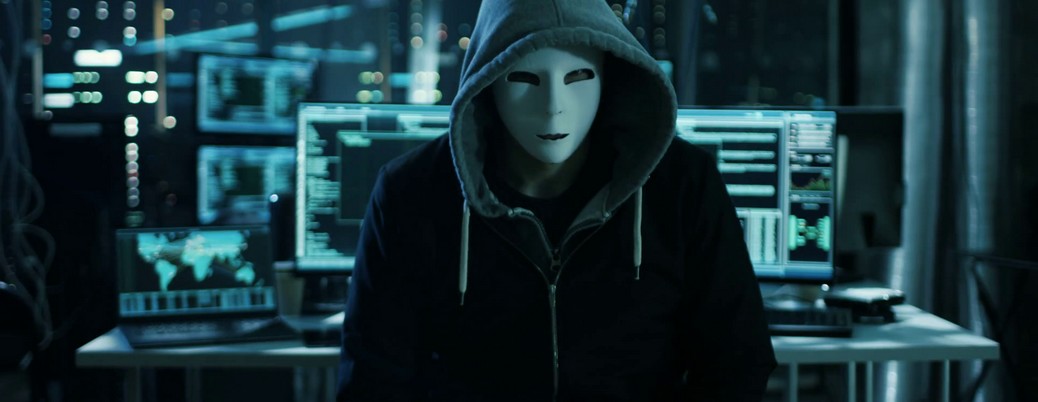1 )Be aware of what you share
- You don’t have to delete your Facebook or Twitter account to say safe, but posting birth dates, graduation years, or your mother’s maiden name-info often used to answer security questions to access your accounts online or over the phone-on social-media sites makes a hacker’s job even easier.
2) Pick a strong password
- It can take a hacker’s computer only ten minutes to guess a password made up of six lowercase letters, but free websites such as safepassword.com can help you create a nearly uncrackable password with uppercase letters, symbols, and numbers.
3) Use 2-step verification
- Facebook and Gmail have an optional security feature that, once activated, requires you to enter two passwords- your normal password plus a code that the companies text to your phone-to access your account.To set up the verification on Gmail, click on Account, then Security. On Facebook, log in, click on the down icon next to Home, and then click on Account Setting, Security, and finally Login Approvals.
4) Use wi-fi hot spots sparingly
- T-Mobile and ATT, the largest providers of free public wireless internet (the kind often available in coffee shops, airports and hotels), don’t require encryption of data traveling between laptops and the internet, which means any info-your email password, your bank account balance-is vulnerable to hackers. In windows, right click on the wireless icon in the taskbar to it off. On a mac, click the wifi icon in the menu bar to turn off wifi.
5) Back up your data
- Protect your digital files by using a simple and free backup system available on websites such as crashplan.com and dropbox.com. Hackers can delete years’ worth of emails, photos, documents and music from your computer in minutes…and that’s not even touching on the things they can do to these items you didn’t know could be hacked.

Comments
Post a Comment